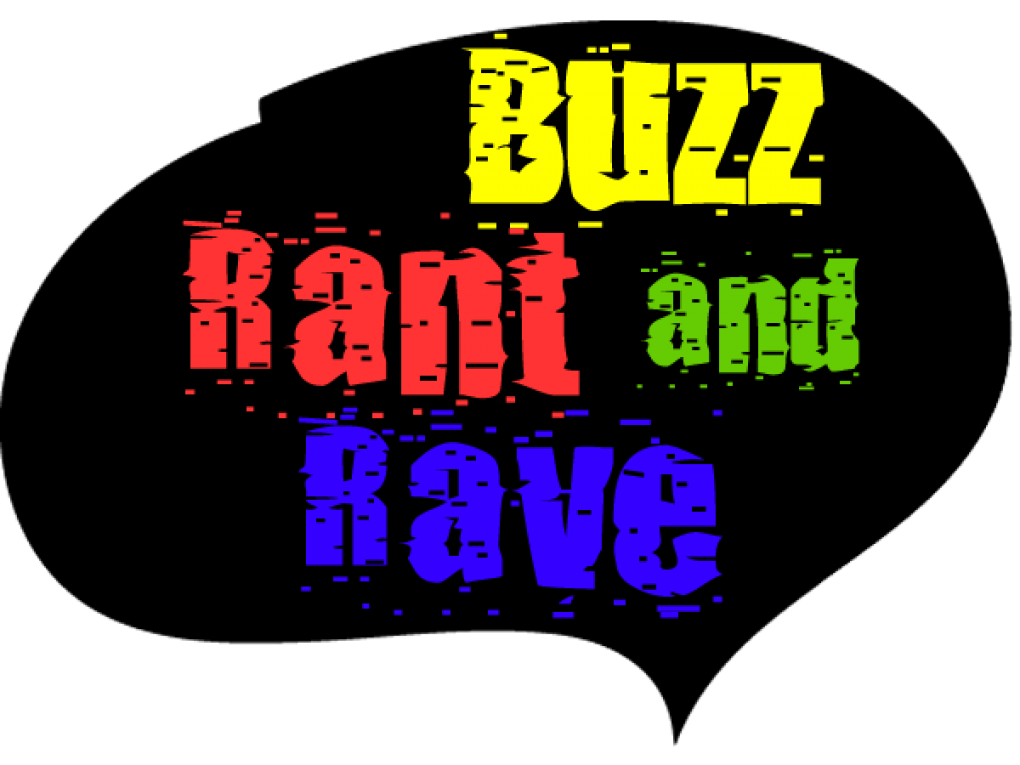While the Oscars prepare to celebrate the year’s best in films, it’s a reminder of the limits of the medium.
Brian Lowry, Variety, TV has the advantage in storytelling: “There are obvious parallels between ‘Mad Men’ — the AMC series that keeps amassing accolades despite what star Jon Hamm aptly referred to during the Screen Actors Guild awards as ‘dozens’ of viewers — and ‘Revolutionary Road,’ the star-driven movie that generated mixed critical response and largely missed out on major Oscar recognition. Yet in the differences resides a clue as to episodic TV’s advantage in tackling character-driven material.”
Willing Davidson, Slate.com, Great Book, Bad Movie “Why does Hollywood take our favorite novels and turn them into crap? …Three of the films that will be feted come Oscar night are based on recognizable literature. And while The Curious Case of Benjamin Button and The Reader are definitely terrible movies, Revolutionary Road is both the worst movie I saw this year and one of the best novels I’ve read.”
Film is an ideal medium for certain types of ideas, but not the complex storytelling with which television and novels engage their audiences. A serial television show usually has 13 or 22 hours per season to tell a story. In 13 hours, it’s much easier to engage with the characters than in the 2 to 3 hours of a film.
Fortunately, television auteurs now have the ambition to tackle visually complex and ambitious endeavors. HDTV has also helped to make the medium more engaging, dynamic and cinematic. While film may remain the more commercially successful medium, television may be joining literature as a more creatively successful medium.
